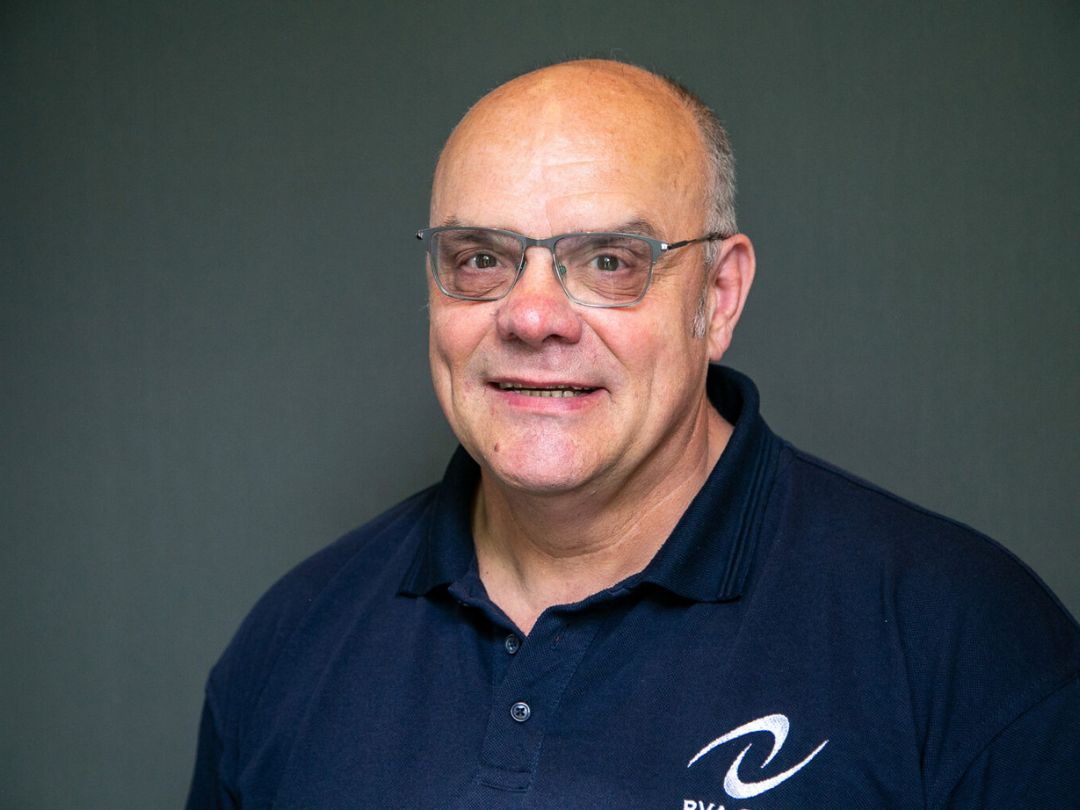Name and role:
Steve Andrew, global business development and technical director.
How long have you been with RVA Group?
I joined RVA in March this year, but I have known the business since its inception in 1992, having worked with the team on various projects over the years. I have always been impressed by their professionalism, dedication to improving HSE excellence, and commitment to ensuring the best commercial benefit for the client.
Following a number of different job roles, it’s great to now be working at RVA — a truly specialist company, whose core business is decommissioning and demolition consultancy and project management. The team is experienced and like-minded, and it’s great to have specific procedures in place for this type of work.
Describe your career journey before that:
I started my career as a bright-eyed fifteen-year-old, extracting nails from second-hand timber. From there, I progressed through the industry as a scrap burner, top man, supervisor, manager, and operations manager, working mainly on high-hazard sites in the oil and gas, petrochemicals, and steelworks sectors.
In 1998, I joined Eutech — the engineering and technical department for ICI — as a demolition superintendent. Progressing to asset closure lead, I provided consultancy services to clients globally, through the full decommissioning process — including planning and preparation, isolation, demolition, decommissioning, dismantling for re-use, and land remediation — across all sectors except nuclear.
There are too many highlights to mention, but a number stand out:
- Building one of the best demolition consultancy businesses and witnessing the growth of team members and suppliers.
- Winning 10 RoSPA (The Royal Society for the Prevention of Accidents) Golds Awards on one project, which also received a visit from Dame Judith Hacket when she was chair of HSE — the UK regulator for workplace health and safety.
- Being granted a fellowship by the Institute of Demolition Engineers (IDE) and elected onto the Council of Management.
- Being voted onto the board of directors for Decom Misson, the association for offshore decommissioning.
What did you want to be, when you were younger?
I always dreamed of being a footballer. However, my father and some of my uncles were involved in the demolition industry, so I naturally followed suit.
And what do you think is the key skill you need to be a successful project manager?
You need several skills and competencies to be a successful project manager:
- A clear scope and endpoint.
- To be open-minded, approachable, and listen — whether it’s to a client’s requirements or a team member’s concerns and suggestions. It may seem a strange statement to make after 45+ years in the industry, but the main thing I have learnt is how little I know. What makes us all different are our experiences. So, I’m constantly asking questions, and I think everyone must have a voice.
- A good understanding of your hazard/risk identification — this is crucial when managing projects of this type. Fortunately or unfortunately, depending on your viewpoint, this comes from experience. I have seen far too many examples of people jumping in with the solution before they even know what the problem is, as well as solutions having more risk than the hazard it was trying to mitigate.
- A good programme, with time for HSE built-in throughout.
- To set clear expectations and be consistent.
- Finally, a smile.
What’s your biggest RVA achievement to date?
It’s early days at RVA, but advising a client in the Middle East on a large decommissioning and demolition project is a highlight.
And the most memorable thing you’ve learnt during your career?
Never assume, and be worried when people say, “it will be alright, we have always done it this way”. I have learnt from experience to assess the total risk and treat every cut, lift, and controlled collapse as if it is the first time it has been done.
Describe your dream project:
The more complex, the better. I love analysing the “problem” and working with a team to find the solution.
Once the procurement phase is complete, you should not be able to tell the difference between the client, consultant, and suppliers. Everyone should have the same goal of delivering a safe, environmentally sustainable, and efficient project.
With a truly global reputation for decommissioning excellence, spanning over three decades, why do you think RVA has earned such a stand-out position in industry?
Successfully delivering over 900 high-hazard projects globally, over the last 30+ years, is an industry standout performance.
Of all the sectors RVA operates in, which is the most exciting right now?
The expansion into new regions and sectors, and the diversity of some of the projects.
What’s the biggest piece of advice you could give to an organisation preparing for a decommissioning project?
Demolition is not construction in reverse — it has different hazards and risks to manage, remove, and mitigate. As a bare minimum, I would recommend getting professional advice from a demolition engineer, who has a proven record of demolishing in your given sector or for a similar project. They need to be engaged as early as possible, to help minimise risks from an HSE perspective, protect live assets, and safeguard commercial objectives.
What makes you tick outside of work?
I love sports and going to the gym. I also enjoy travelling for leisure — I want to build memories, not dreams — as well as eating out with family and friends, and walking my dog, Alfie.
If you could be given a plane ticket for any location, where would you choose?
There’s a long list, but Canada or New Zealand would be at the top.
Which three words would you hope colleagues would use to describe you?
Hopefully experienced, approachable, and calm.









